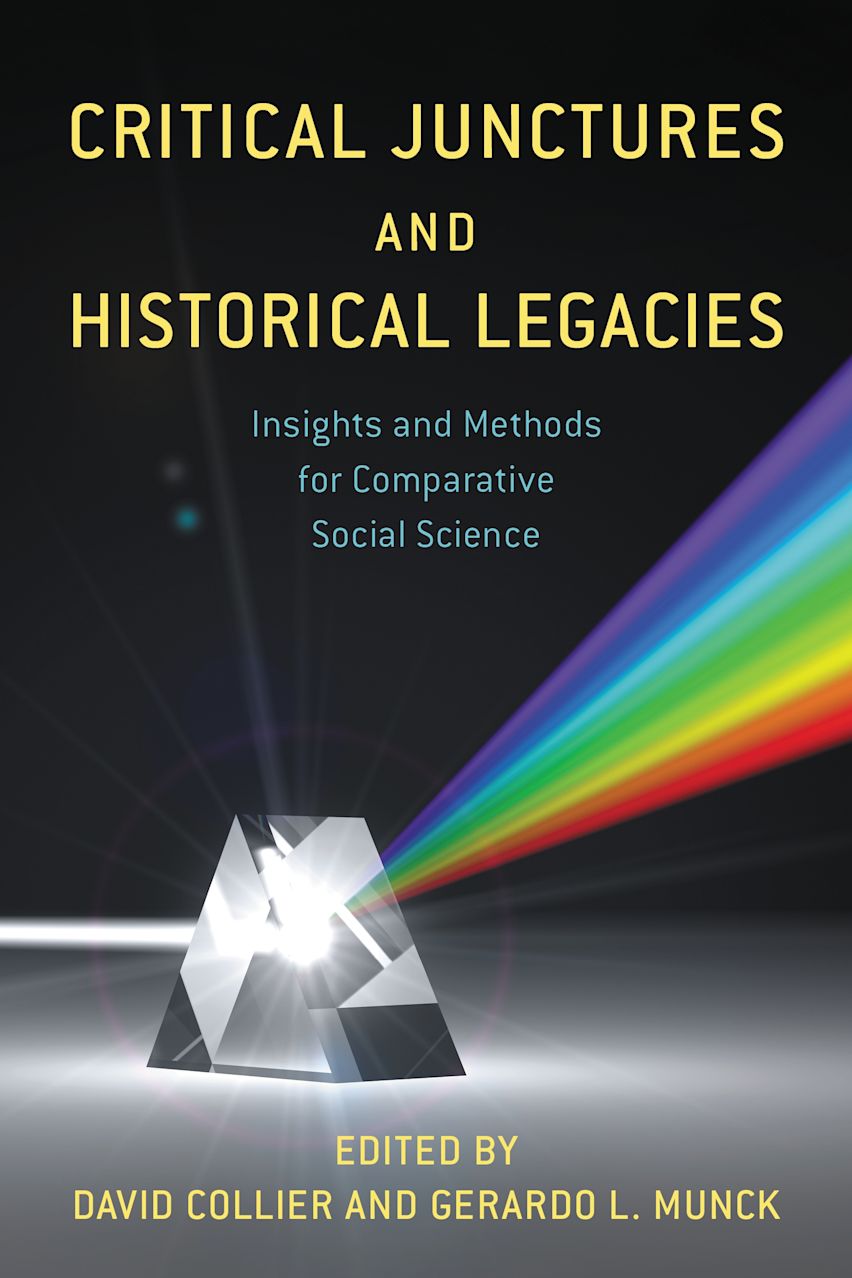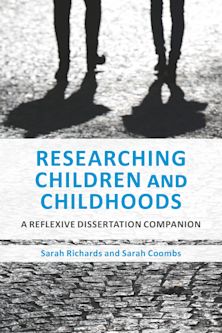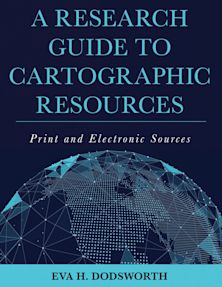Critical Junctures and Historical Legacies
Insights and Methods for Comparative Social Science
- Textbook
Critical Junctures and Historical Legacies
Insights and Methods for Comparative Social Science
- Textbook
This product is usually dispatched within 2-4 weeks
- Delivery and returns info
-
Flat rate of $10.00 for shipping anywhere in Australia
Description
Over the past 50 years, scholars across the social sciences have employed critical juncture analysis to understand how social orders are created, become entrenched, and change. In this book, leading scholars from several disciplines offer the first coordinated effort to define this field of research, assess its theoretical and methodological foundations, and use a critical assessment of current practices as a basis for guiding its future. Contributors include stars in this field who have written some of the classic works on critical junctures, as well as the rising stars of the next generation who will continue to shape historical comparative analysis for years to come. Critical Junctures and Historical Legacies will be an indispensable resource for social science research methods scholars and students.
Table of Contents
List of Figures and Tables
Preface
Introduction: Tradition and Innovation in Critical Juncture Research
David Collier and Gerardo L. Munck
I. Basics: Core Concepts and Big Substantive Questions
1. Critical Juncture Framework and the Five-Step Template
David Collier
2. Critical Junctures and Developmental Paths: Colonialism and Long-Term Economic Prosperity
James A. Robinson
3. Postwar Settlements and International Order: A Critical Juncture Perspective
G. John Ikenberry
4. Mobilization, Protest, and Conflicts of the 1960s: What Is the Legacy, and How Did It Unfold?
Sidney Tarrow
II. Framework and Methods: Historical Causation and Causal Inference
5. The Theoretical Foundations of Critical Juncture Research: Critique and Reconstruction
Gerardo L. Munck
6. Critical Junctures, Contingency, and Models of Institutional Change
Rachel Beatty Riedl and Kenneth M. Roberts
7. Qualitative Causal Inference and Critical Junctures: The Problem of Backdoor Paths
David Waldner
8. Quantitative Methods and Critical Junctures: The Strengths and Limits of Quantitative History
Gerardo L. Munck
III. Substantive Applications I: States and Political Regimes
9. Nineteenth-Century State Formation and Long-Term Economic Performance in Latin America
Sebastián L. Mazzuca
10. Religion and Critical Junctures: Divergent Trajectories of Liberalism in Modern Europe
Andrew C. Gould
11. Evaluating Critical Junctures in Latin America: Historical vs. Proximate Causes in the 1940s
Ruth Berins Collier
12. Regime Transitions as Critical Junctures: Cultural Legacies of Democratization in Spain and Portugal
Robert M. Fishman
13. Leninist Extinction? Critical Junctures, Legacies, and the Study of Post-Communism
Danielle N. Lussier and Jody LaPorte
IV. Substantive Applications II: Neoliberalism and Political Parties
14. Temporal Distance, Reactive Sequences, and Institutional Legacies: Reflections on Latin America’s Neoliberal Critical Junctures
Kenneth M. Roberts
15. A New Critical Juncture? Analyzing Party System Transformation in South American Politics
Samuel Handlin
16. A Fourth Critical Juncture? Party Politics in Contemporary Chile
Timothy R. Scully
17. Potential Mistakes, Plausible Options: Establishing the Legacy of Hypothesized Critical Junctures
Taylor C. Boas
18. Critical Junctures and Contemporary Latin America: A Note of Caution
Robert R. Kaufman
V Conclusion
19. The Power and Promise of Critical Juncture Research
Gerardo L. Munck
Appendix I Conceptions of a Critical Juncture and Cognate Terms
Appendix II Glossary of Terms Used in Critical Juncture Research
Appendix III Bibliography of Substantive Research on Critical Junctures
Appendix IV Examples of Critical Juncture Research
Index
About the Contributors
Product details
| Published | 28 Feb 2022 |
|---|---|
| Format | Paperback |
| Edition | 1st |
| Extent | 520 |
| ISBN | 9781538166154 |
| Imprint | Rowman & Littlefield |
| Illustrations | 31 b/w illustrations; 16 tables |
| Dimensions | 230 x 154 mm |
| Publisher | Bloomsbury Publishing |
Reviews

ONLINE RESOURCES
Bloomsbury Collections
This book is available on Bloomsbury Collections where your library has access.

































